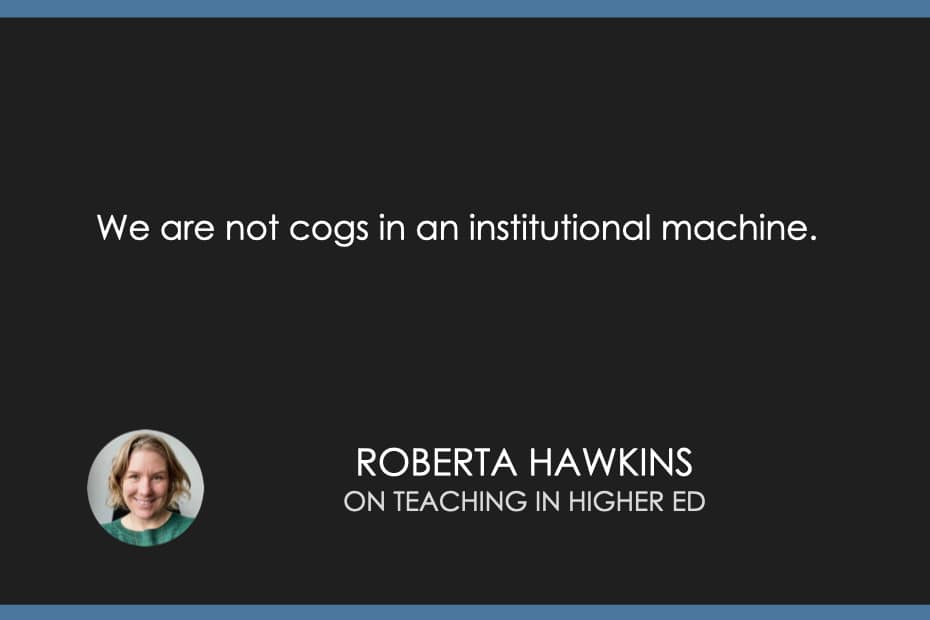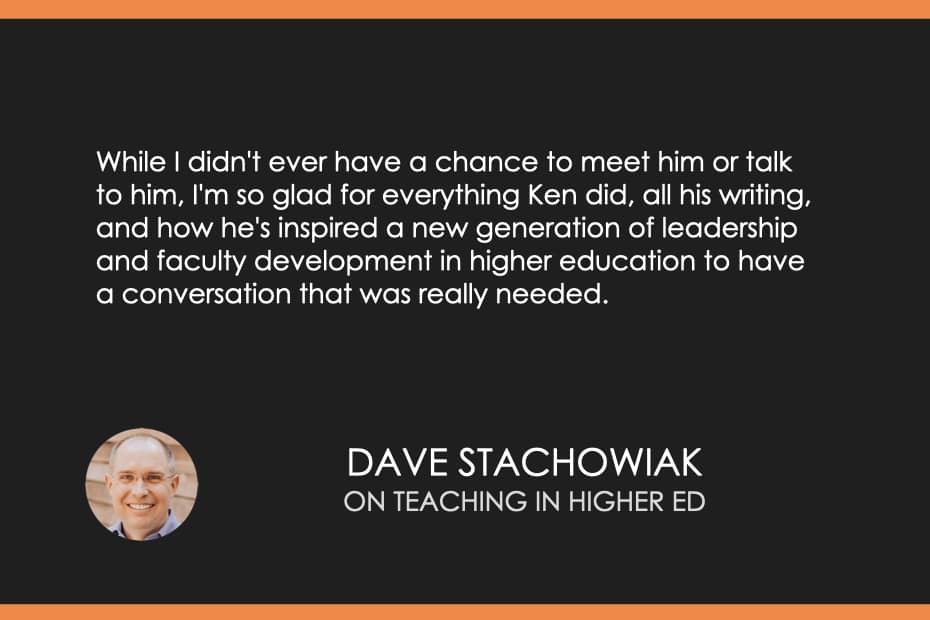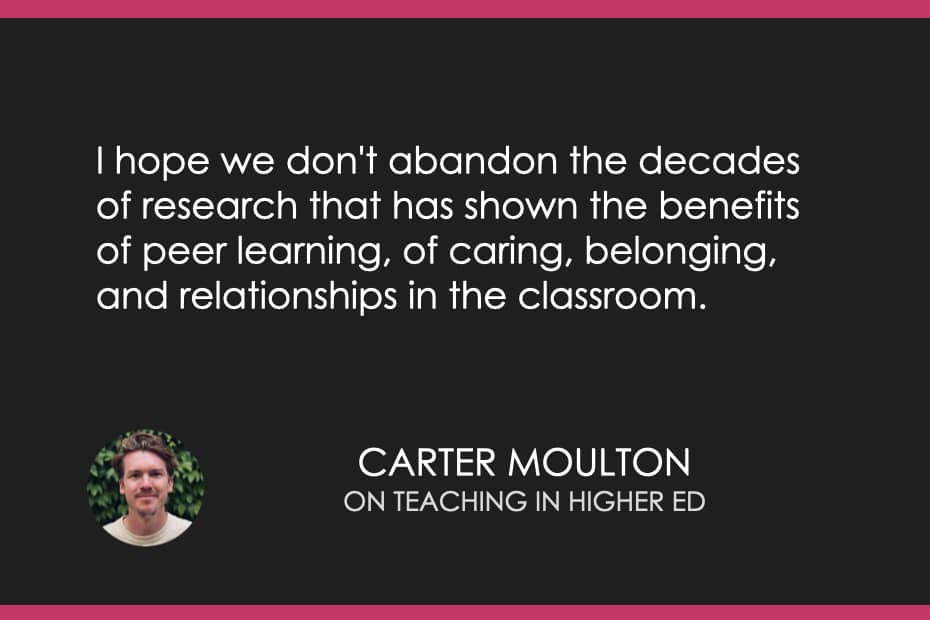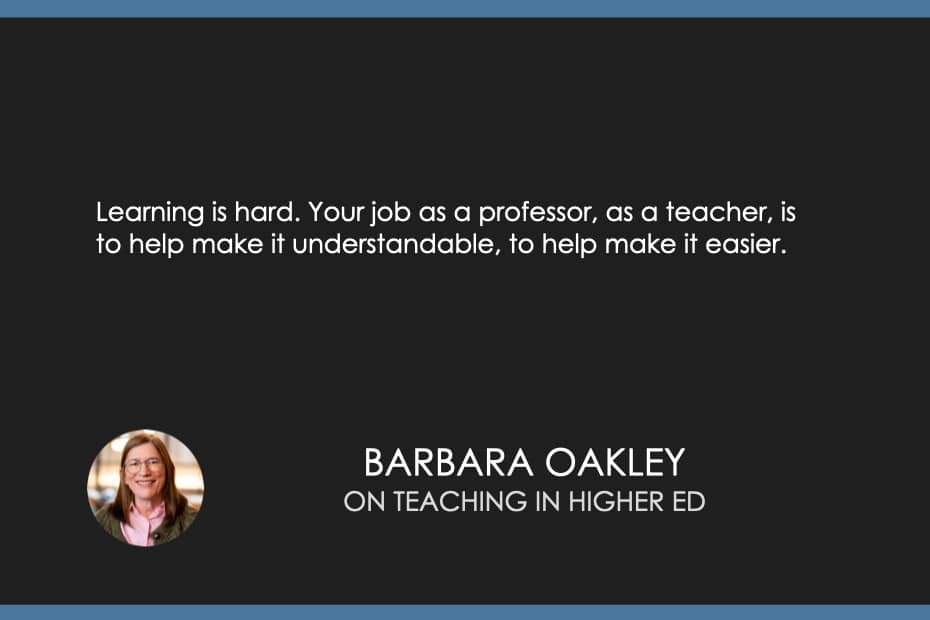Christy Albright + Clarissa Sorensen Unruh share about teaching, learning, and the lessons of grief on episode 596 of the Teaching in Higher Ed podcast.
Quotes from the episode
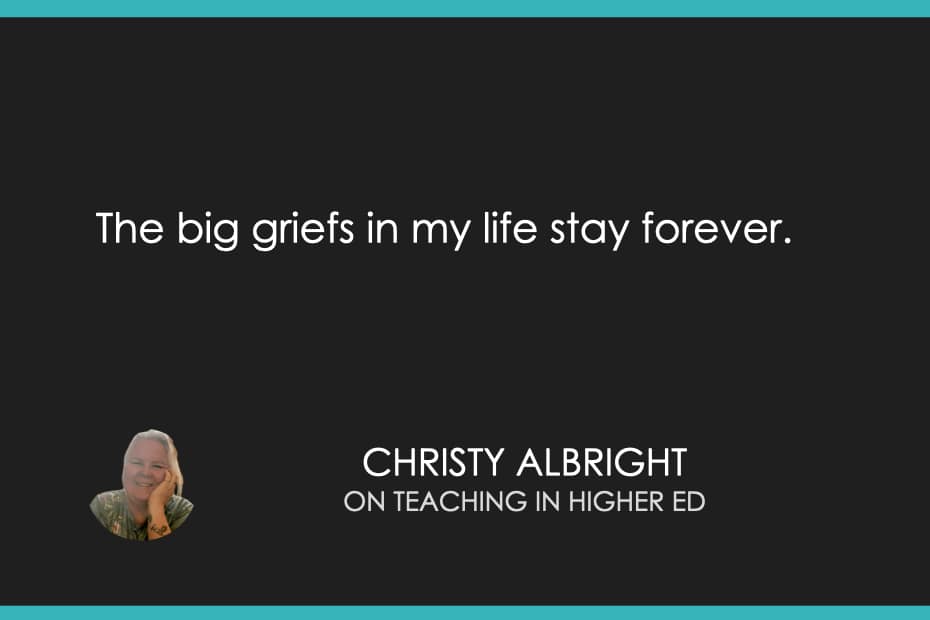
Take two deep breaths.
-Clarissa Sorensen Unruh
None of the books that I researched on grief actually defined grief. It's like they just assumed you knew what it was because it's such a universal experience, but it's not universally experienced by everybody in the same way.
-Christy Albright
Anticipatory grief is when you know something is coming and you're already grieving that situation.
-Christy Albright
People assume that grief gets smaller, and actually we grow around it.
-Clarissa Sorensen Unruh
The big griefs in my life stay forever.
-Christy Albright
